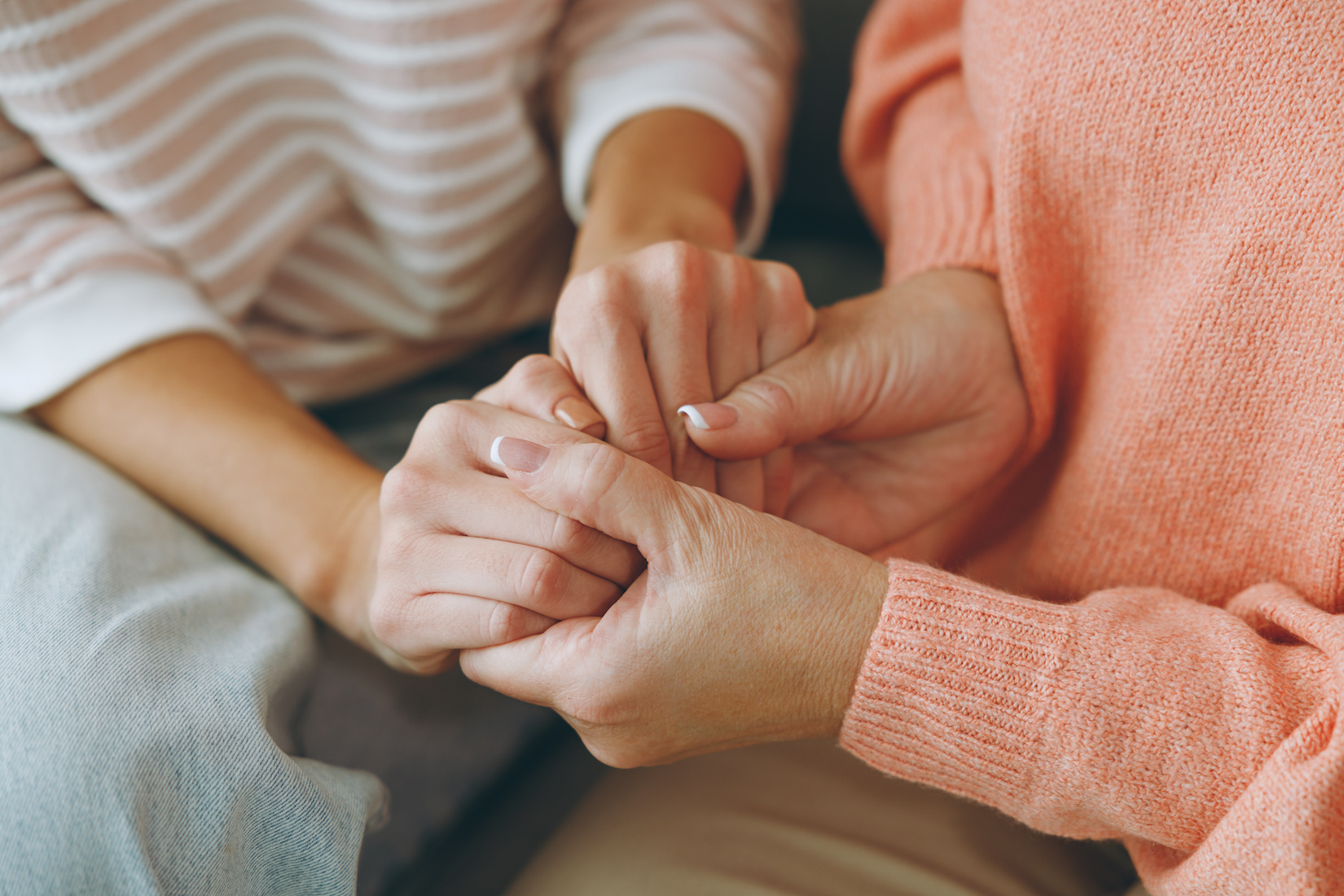Welcome to another post from our team at Georgia Strait Women’s Clinic, where we explore different aspects of addiction recovery. In a previous article, we discussed the importance of self-forgiveness, a powerful step towards personal healing. In this article, we shift our focus to another crucial element of recovery: forgiving others.
The Ripple Effect Of Addiction
Addiction often has far-reaching consequences, impacting not just individuals who are suffering from it, but also the people in their lives. For many individuals in recovery, the journey toward wellness might involve forgiving not only themselves, but also the people who may have played a role in their addiction. Conversely, those who are supporting a loved one with addiction may need to forgive the loved one for their hurtful actions, as well as forgive themselves for anywhere they might have fallen short in supporting them.
It’s worth noting that forgiving others does not mean excusing someone’s actions; it’s not the same as saying that what happened was okay—this is a common misconception. Rather, forgiveness means recognizing the pain or harm that others may have caused and releasing the negative emotions tied to those past events, allowing room for healing.

Why Is Forgiving Others Important To Lasting Recovery?
Forgiving others can play an important role in addiction recovery and personal growth for several reasons. In this article, we explore some of the themes and perspectives around forgiveness that make it such a powerful concept in treatment and recovery, starting by looking at our beliefs around forgiveness.
Forgiveness, Religion, and Morals
For many people, forgiveness is deeply tied to religion. Indeed, Christianity, Judaism, Islam, Buddhism, and many other religions emphasize the importance of forgiving others as a way to attain inner peace and spiritual growth.
At our centres, we support clients from diverse cultural and religious backgrounds. From our experience, whatever belief system people are coming from, most people seem to recognize that there is an inherent moral goodness to forgiving—perhaps because it can feel like such a difficult thing to do! But putting aside any religious or moral imperatives, how can forgiveness support personal growth, treatment, and recovery?
What Can We Gain From Forgiveness?
Let go of the burden. Forgiveness is often seen as a way to release oneself from the burden of resentment and anger. As specialists in treatment and recovery, we know that experiencing anger can be a healthy response, especially in the context of recovery and re-discovering emotions. There’s a quote about anger being like a burning coal that is often misattributed to Buddha, though it comes in fact from the 5th century commentator Buddhaghosa. Writing about anger, he says:
“By doing this you are like a man who wants to hit another and picks up a burning ember or excrement in his hand and so first burns himself or makes himself stink.”
– Visuddhimagga IX, 23.
Indeed, even the wording of holding a grudge invokes the heaviness and labour involved in staying angry and resentful at others. We recognize the importance of being true to yourself, and not pretending everything is great when it really isn’t. But it’s also important to consider the ways that negative emotions can hold us back, hindering our personal growth and recovery.
Gain Back Your Autonomy
Similarly to unburdening oneself of anger and grudges is the concept of finding personal freedom through forgiveness. Many philosophers, such as Rousseau and Nietzsche, have argued that forgiving others is necessary for freedom or liberation.
From our perspective, we tend to think about forgiveness and autonomy through the concept of authorship, it’s a concept that was championed by Austrian psychiatrist and holocaust survivor Viktor Frankl. Authorship is a concept we work with at our centres, and is rooted in the belief that whatever limitations we’ve had imposed on us, we’re still responsible to make decisions as the author of our lives. Indeed, forgiveness is an important part of regaining that authorship.
In this view, taking responsibility for one’s life includes accepting that everyone is human and capable of wrongdoing. By forgiving others, we acknowledge that we are the authors of our own lives. This allows us to regain our autonomy and not be defined by the actions of others.

Transcend Victimhood
Building off the previous two concepts, forgiveness helps individuals transcend a victim mentality. When we see ourselves as passive recipients of harm, we lose sight of our authorship, i.e. our ability to be active agents in our own lives and make the choices that seek the best path forward. When we are able to forgive, we are no longer held back by having been wronged. Instead, we are asserting our own agency and moving forward.
Personal Growth
Forgiveness can be a path towards personal growth. By letting go of the burden, reclaiming your autonomy, and transcending victimhood, we can shift our focus to our own growth rather than being preoccupied with the actions of others. This frees up our time, energy, and resources to then channel into self-improvement and the pursuit of our own goals. Ultimately, this can lead to all sorts of positive changes in our lives, including reduced stress, better mental health, and an overall sense of well-being.
Better Relationships and Social Harmony
Forgiveness can also be good for us socially. Forgiving others can lead to improved relationships not only with the person we’ve forgiven, but also with other people in our lives. It promotes empathy and understanding, which can strengthen our bonds with others and lead to healthier, more positive interactions with everyone around us.
Breaking The Cycle Of Intergenerational Trauma
A lot of the addiction and problematic substance use we are experiencing as a society is deeply rooted in intergenerational trauma, a concept we’ve written about in the past. By forgiving parents or caregivers struggling with addiction, individuals stand to break the cycle of generational trauma. In this way, the healing process that’s enabled by forgiveness is not only personally beneficial but also has far-reaching effects. In this way, forgiveness can play a role in passing on a legacy of resilience and recovery to future generations, ultimately interrupting the cycle of intergenerational trauma and addiction.
In Conclusion
In conclusion, forgiveness is a complex and deeply personal process that can have profound implications for personal growth and well-being. We recognize that forgiveness may not always be appropriate or possible in every situation, and that the concept of forgiveness can also be misused by those who stand to benefit from forgiveness as a way to maintain the status quo.
But when possible and appropriate, forgiveness can be a vital step in moving forward, shedding emotional baggage, and becoming a more compassionate and resilient individual. By forgiving others, we stand to reclaim emotional freedom from others’ actions, rediscover our own authorship, break generational cycles of trauma, and embrace a brighter, more fulfilling future. Ultimately, when we choose to forgive others, we are choosing what is best for us.
At Georgia Strait Women’s Clinic, our approach includes individualized care and a range of therapeutic methods. We offer CBT, Somatic Therapy, Hakomi, DBT, Hypnotherapy, and EMDR along with a variety of workshops. If you or someone you know is struggling with mental health and/or addiction, please contact us to learn more about our services.




